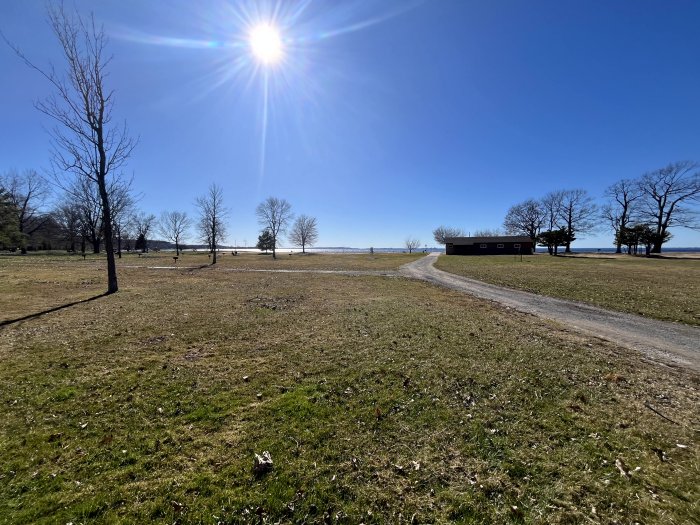Yes, We Wear Glasses. What About It?





On our way to Ogdensburg, New York, we made a pit stop along I-81 in Adams Center, NY. There we left mom at a Dunkin Donuts to spend a few hours on a webinar. (Sometimes, you gotta do what you gotta do.) After a quick review of the map, we (my son and I) directed our car along S. Harbor Road toward Lake Ontario. Who can resist the draw of a Great Lake?
On the map we saw a lighthouse. We traveled the roads through farmland to find it. Disappointingly, when we got there we discovered that the lighthouse is a private residence. We had hoped to walk the grounds and see the lake from there.
Plan B: we drove north on Rt. 3 along the lake. This brought us to Westcott Beach State Park where we were very happy to find many stones and calm water on which to skip them. I have a pretty good skipping technique, probably average like most guys. But to my young son, I am a master skipper. I’ll take it.

It was a beautiful blue sky day. It wasn’t cold. It wasn’t windy. It was a good day to be outside in the sun. The break from driving was highly enjoyable.
Afterward, we picked up mom and headed north toward Canada. Like I said, our destination was Ogdensburg. Our purpose in making the trip was to see the total solar eclipse the next day.
